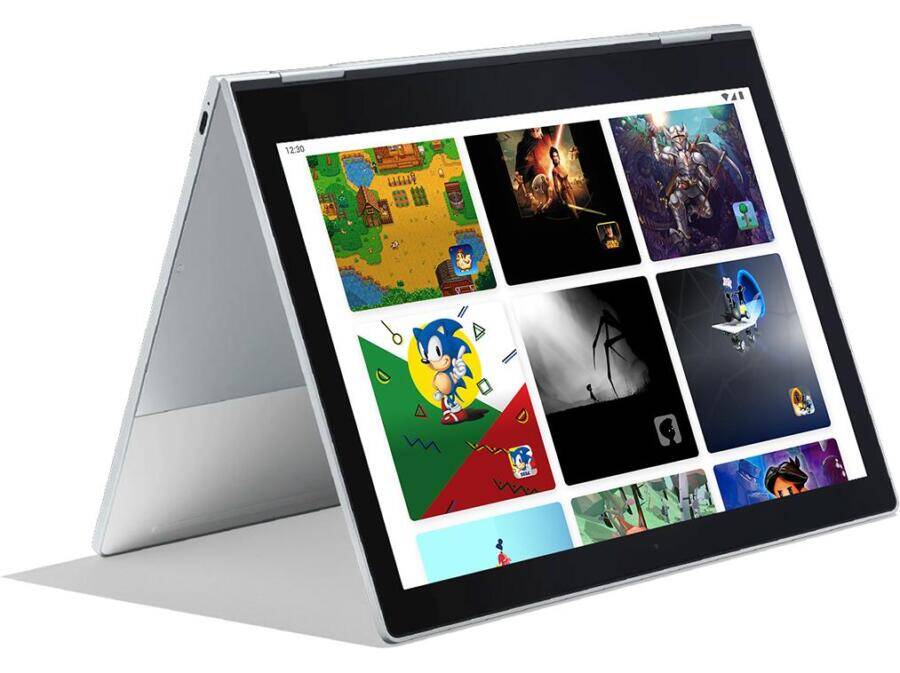New technologies to help the travel industry restart business and reopen more safely after the COVID-19 pandemic.
The products use artificial intelligence to make travel safer during the pandemic.

Covid-19 Pass Card

In June, Israeli company Pangea announced its Covid-19 Pass card. Unlike documents considered in countries like Chile and Germany, which announce that the holder has recovered from Covid-19, the Pass Card is more like a digital passport with two parts: a biometric smart card and a forecasting mechanism that includes a portal web, accessible by computer or smartphone.
The portal provides customized testing requirements based on the cities of departure and arrival, so cardholders know whether they need to test for the virus before the flight or after landing and for how many days a test remains valid.
The smart card, encrypted and based on facial and fingerprint recognition, carries Covid-19 test data from the cardholder, as well as the traveler’s medical profile and immunization records for other diseases such as yellow fever, measles and hepatitis .
The company is awaiting approval from the Israeli Ministry of Health to grant the card to Israeli citizens.
Temperature reading glasses
Rokid is a robotics and AI company based in San Francisco, California. They are developing Rokid Glass, augmented reality glasses. These glasses have the objective of detecting temperature and social distance. The glasses are powered by solar energy, use an infrared sensor and a camera, allowing users to “see” essentially the temperature of people around them. According to Liang Guan, Rokid’s director for the United States, he said the glasses can measure up to 10 people simultaneously.
The Dubai Department of Transportation Security is a customer – they have been wearing glasses since April to detect body temperature in airports, subways and fire departments. Singapore Mass Rapid Transit also bought them for the same use, as did Aeropuertos Argentina, one of the largest private sector airport operators in the world, with 35 airports under its management in South America.
The glasses are also available on Amazon, at a high price of $ 6,999.
A tour guide that speaks 17 languages
Bespoke. Inc., is a Japanese chatbot development company based in Tokyo, which launched a chatbot with multi-language AI. The chatbot called Bebot. It provides travelers with up-to-date information about the COVID-19 pandemic, statistics and symptoms.
Sitata, a travel app that tracks possible travel disruptions, introduced a new pandemic-focused platform, Covid Checker, to help travelers track restrictions and make a risk assessment.
In Miami, developers at the Legacy Hotel and Residences, a resort and condominium complex anchored by an on-site medical center. They are supporting an AI-controlled air filtration system and an artificial intelligence medical diagnostic center to attract residents and guests with the promise of health and safety.
Tour guides are also becoming artificial. Alex Bainbridge was working on an interactive tour guide to incorporate a driverless car when the pandemic started. Powered by an app, SAHRA speaks 17 languages and asks customers several questions before creating a local guided itinerary. It currently only offers gastronomic tours in several cities, including New York, London and Seville.
SAHARA was designed to be used on bicycles, electric scooters or private cars. SAHRA is part of the chatbot, part of the interactive map, and the plan is to eventually incorporate the tours in autonomous vehicles. Bainbridge predicts that these vehicles will be commonplace in the travel market by 2025.




